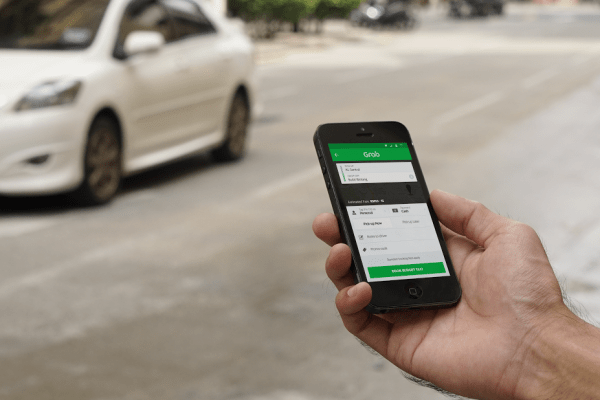Uber’s Southeast Asia rival Grab is in the process of buying up Indonesia-based online payment startup Kudo in its first major acquisition.
A source close to discussions confirmed to TechCrunch that talks are ongoing and a deal could be announced as soon this week. Reuters first reported the deal, which it said would be over $100 million however our source suggested that the figure is in fact lower.
Grab declined to comment on the report.
Grab’s only previous acquisition was little-known Chinese ride-sharing startup Youche back in 2013. That deal was done to form Grab’s Beijing office, which is one of it global engineering bases. This time around, Grab is paying bigger money for a much more strategic deal.
$3 billion-valued Grab recently pledged to spend $700 million in investment in Indonesia, and at least $100 million investing in startups. The Singapore-based firm, which raised $750 million in September, is making a play for Indonesia, which is Southeast Asia’s largest economy and has a population of over 250 million, as Uber increases its focus on the region following the sale of its loss-making business in China.
Payments are a central focus to Grab’s push, as it is a way to differentiate itself from Uber and local rival Go-Jek, which raised $550 million last year, but also because it can help win business from millions of unbanked citizens and provide a solution in the market.
“These are real problems that I think deserve a solution in way that hasn’t been seen in markets today. 80-90 percent of the [Indonesian] market hasn’t really had access to mobile payments, modern banking, or modern credit, which we think is so important to develop Indonesia’s digital economy,” Grab President Ming Maa told TechCrunch in an interview earlier this month.
Three-year-old Kudo appears to fit the bill. Not only is it focused on Indonesia, but it directly enables those without a credit card, bank account or event internet access to buy online. Initially it used point-of-sale kiosks located in public areas, but it later broadened its focus to support an agent model. Licensed Kudo agents download the app to their Android device and then essentially sell product to customers or buy goods they request on their behalf using the e-commerce site.
